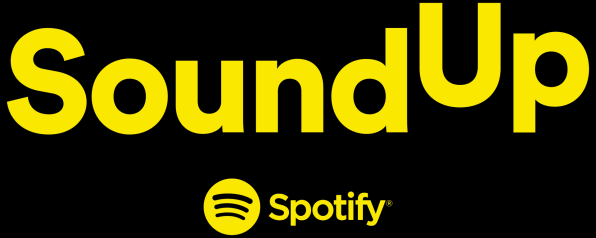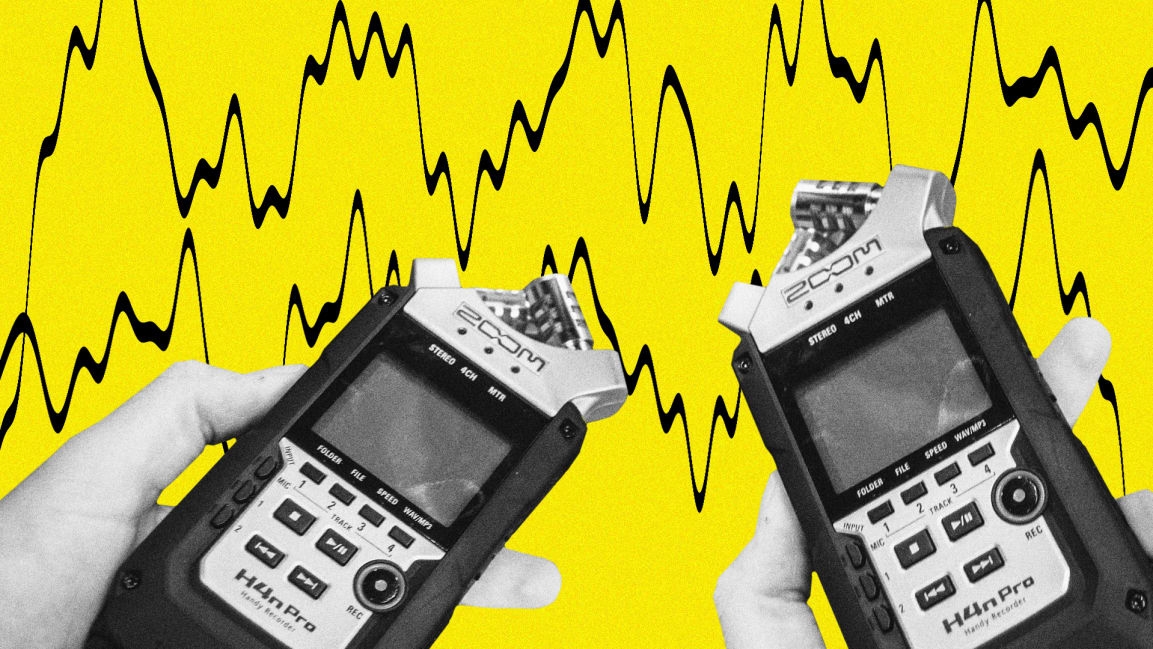Spotify is strategically expanding its podcast training for marginalized communities
Back in 2009, novelist Chimamanda Adichie gave an amazing TED Talk about the importance of cultural voice and the danger of a single story.
One of her most powerful points was how within the power of stories is a danger of only knowing one story about certain groups of people. “The single story creates stereotypes, and the problem with stereotypes is not that they are untrue, but that they are incomplete,” she said. “They make one story become the only story.”
That’s exactly what Spotify had in mind when it created its Sound Up accelerator program in 2018, originally aimed at cultivating and connecting a new generation of podcast hosts who are women of color in the United States. The program swiftly expanded to the U.K. and Germany. In Australia, it focused on the aboriginal community in that country. Participants learn the ins and outs of developing and producing their very own podcast, and so far, 60 people have completed the program. Ten of those graduates have since launched their own show, and three now have Spotify Original podcasts.
Now the company is announcing its expansion of the program to Sweden and Brazil. In Sweden, the program is aimed at women and nonbinary people who may experience racism because of their skin color, culture, language, religion, or ethnicity. Applications in Brazil will be open to young people of color from the Periferias, or outskirts of big cities.
Sound Up head Natalie Tulloch says one of the keys to the program’s success so far is knowing that there is no one-size-fits-all approach to the global issue of underrepresentation in podcasting.
“It’s women of color in the U.S., but what market are you trying to serve in that next country?” says Tulloch. “We look at the podcast landscape in these markets to see what communities are underrepresented and how we can serve them. In Germany, for example, it was LGBTQI.”
Program leaders go through cultural training to make sure they don’t make any blatant mistakes or assumptions. “We never want to come into a market thinking we know everything,” says Tulloch. “We want to be culturally relevant, sensitive, and set up a system where we can best give people a voice.”

There’s another difference to this year’s expansion, given how the world has changed significantly in the last few months. Instead of starting with a three-day, in-person program at Spotify offices, this year’s Sound Up is divided into two phases. First will be a four-week virtual session, conducted almost like night classes to help participants work around their schedules. Spotify will send participants all the audio and recording equipment they need, as well as make sure that they have a reliable internet connection. From there, those who demonstrate a particular skill for podcasting will be invited to in-person training, where they will further develop their ideas. The company also does continuing education classes for podcasters between Sound Up sessions.
Sound Up represents a balance to Spotify’s recent blockbuster podcast deals with such people as Joe Rogan, the Obamas, and Bill Simmons, who bring with them their massive followings. This program aims to build diverse audiences from the ground up on a global scale.
“As a black woman, as an immigrant, as somebody from Jamaica who lives here, I know the value of representation and story,” says Tulloch. “For example, I listen to this podcast by a Jamaican podcaster. . . . I love her accent so much it reminds me of home. That is part of representation, and it matters.”
Fast Company , Read Full Story
(44)



